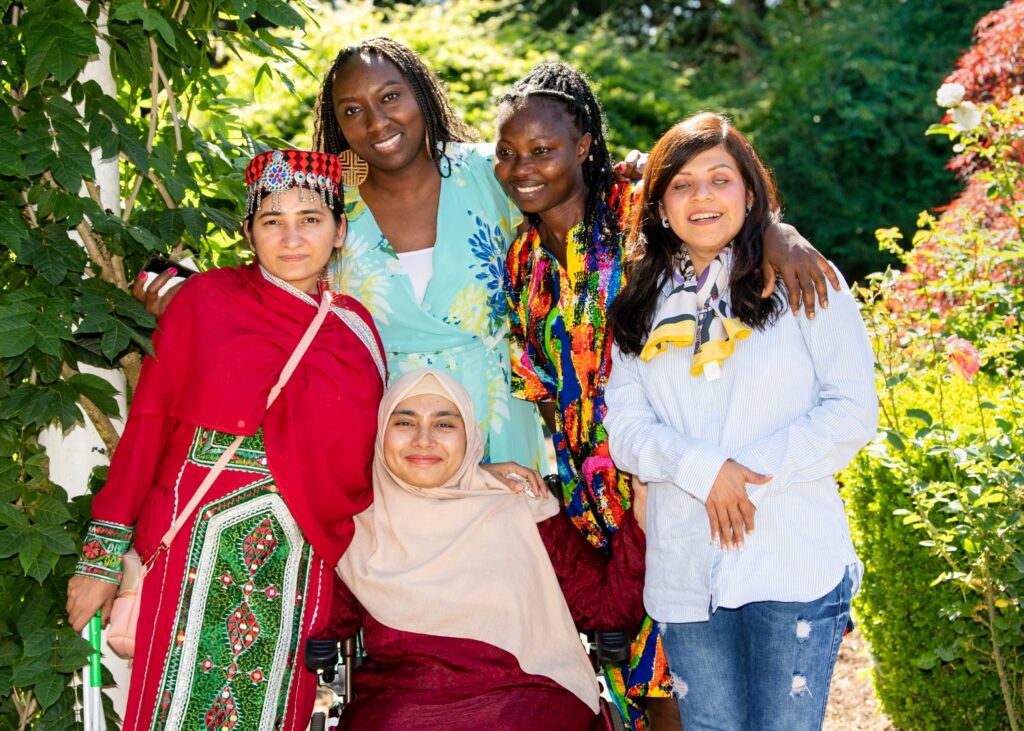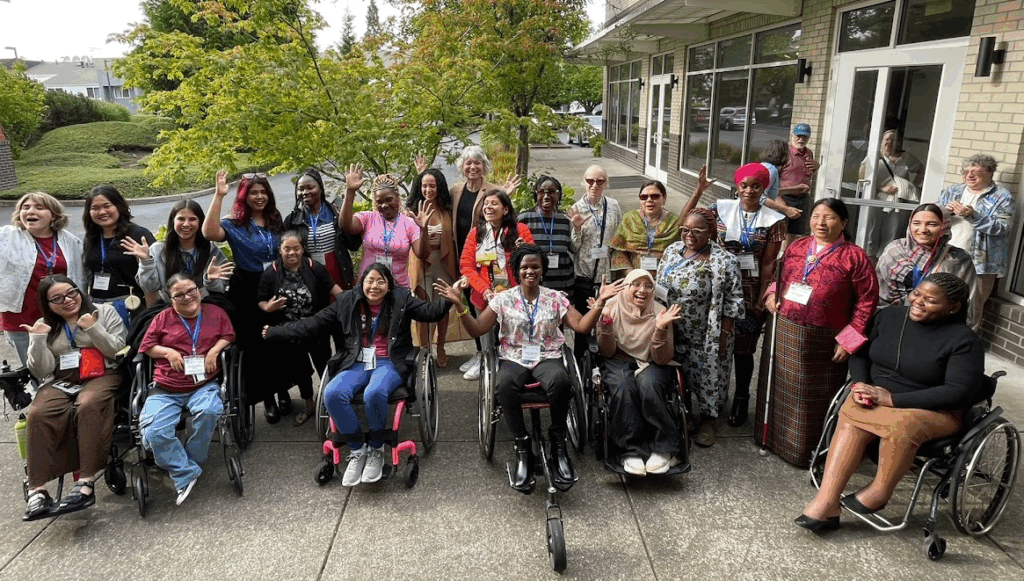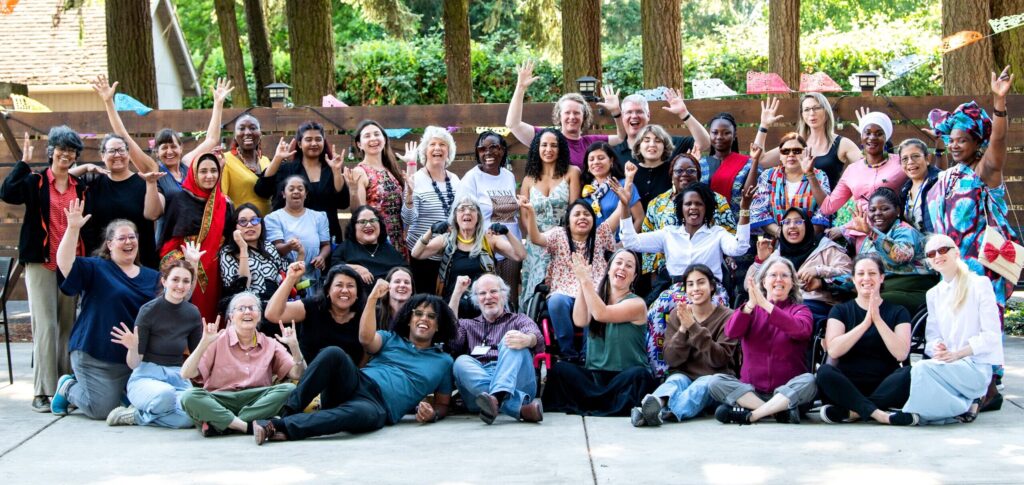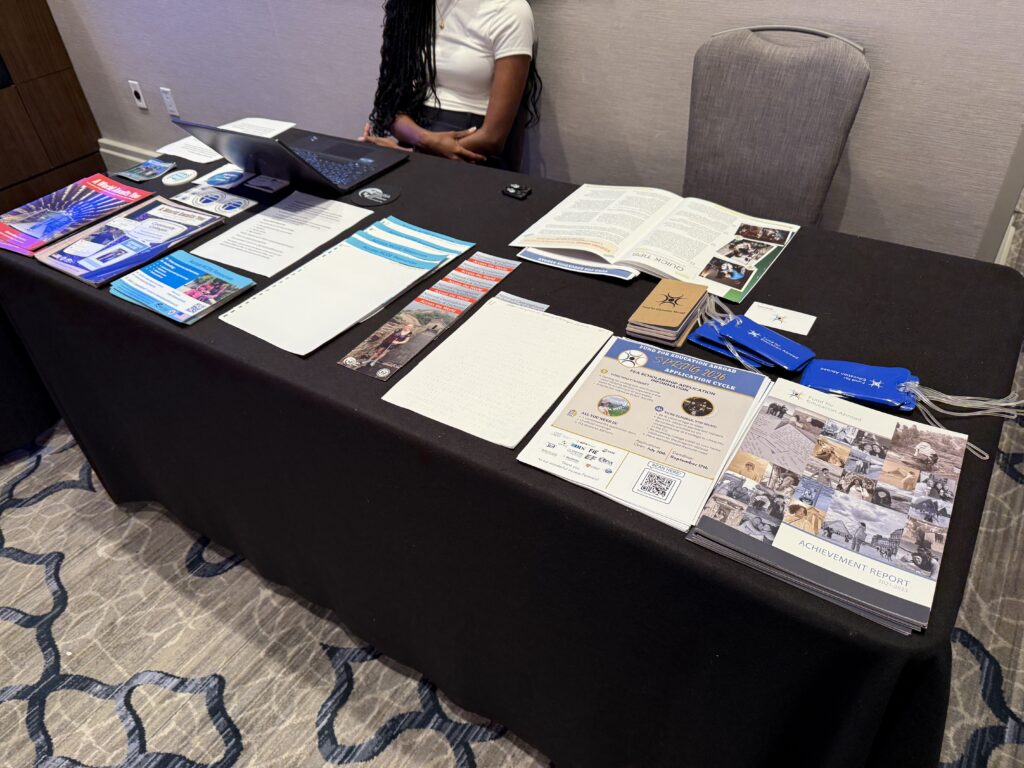Happy International Women’s Day! Today, and every day, we celebrate the incredible work that disabled women activists are doing across the globe. MIUSA is proud to share the current work our 2022 alumni of the Women’s Institute on Leadership and Disability (WILD) are doing around the world to empower girls and women with disabilities in more than 20 countries, including:
Bangladesh, Botswana, Brazil, Cameroon, Colombia, Costa Rica, Egypt, El Salvador, Ethiopia, India, Indonesia, Kenya, Mauritius, Mexico, Nigeria, Peru, Philippines, Poland, Rwanda, Sierra Leone, and Vietnam.
Read more about the WILD program in your choice of language here.
After WILD in Eugene, these 23 leaders returned home to organize their own trainings using the principles of MIUSA’s WILD program. These in-country WILD trainings have brought together nearly 400 women with diverse disabilities across more than 20 countries, addressing topics such as women’s health, policy and legislation, and media and advocacy, and also including empowering activities such as dance, yoga, and boat riding.
Read more about in-country WILD trainings in your choice of language here.
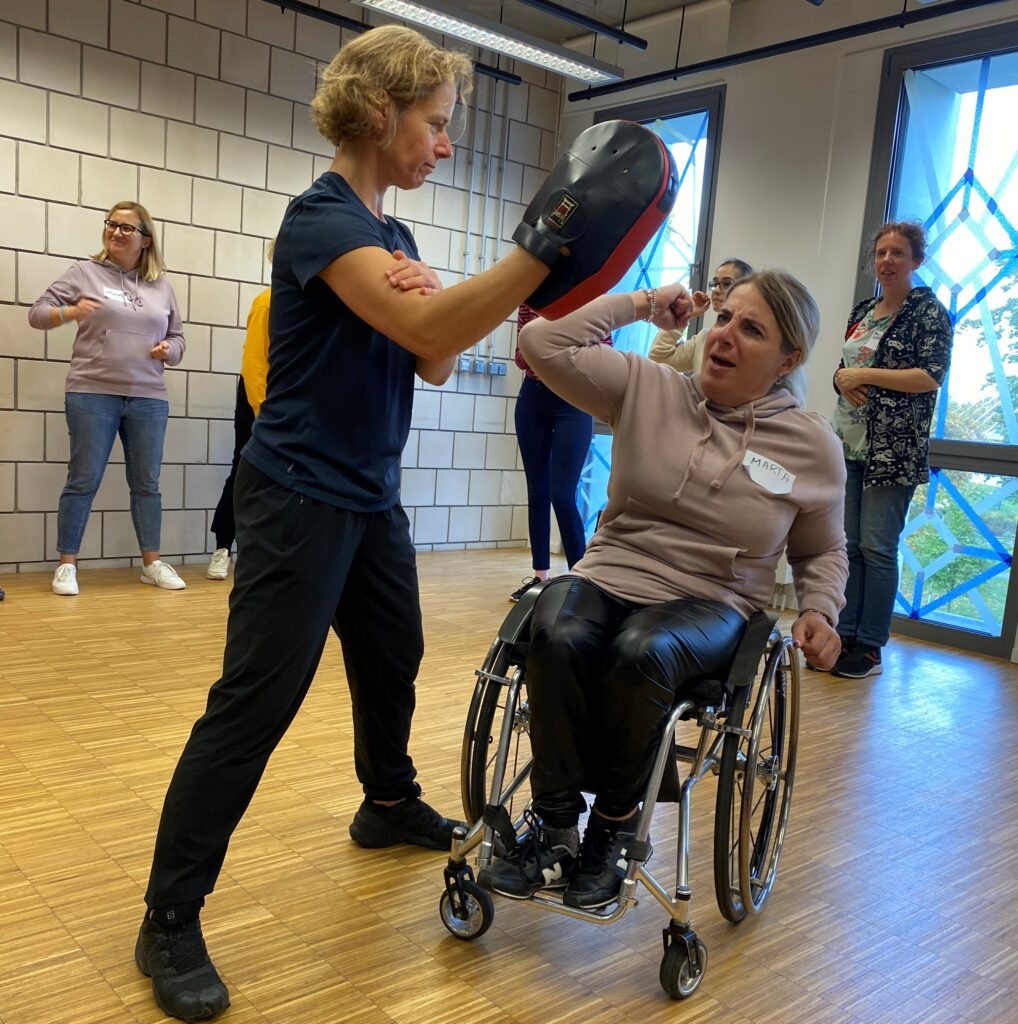
Today, we invite you to celebrate each of the 2022 WILD leaders on this International Women’s Day by reading about and sharing their work.
WILD women are leading the way and changing the world!
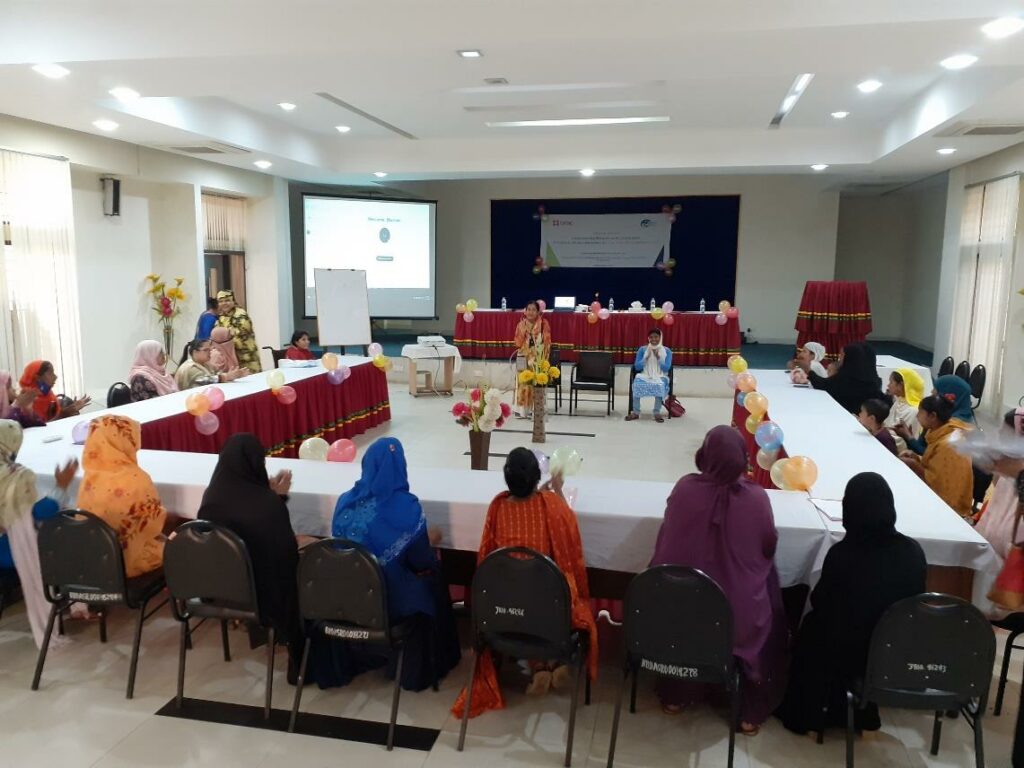
In Bangladesh, Sharmin led a training on Policy, Legislation, and Advocacy for 20 women with disabilities, and also organized a group gathering several days after conclusion of the training. One participant shared they “want to circulate what I learned today, so other women with disabilities can [benefit from] the training.”
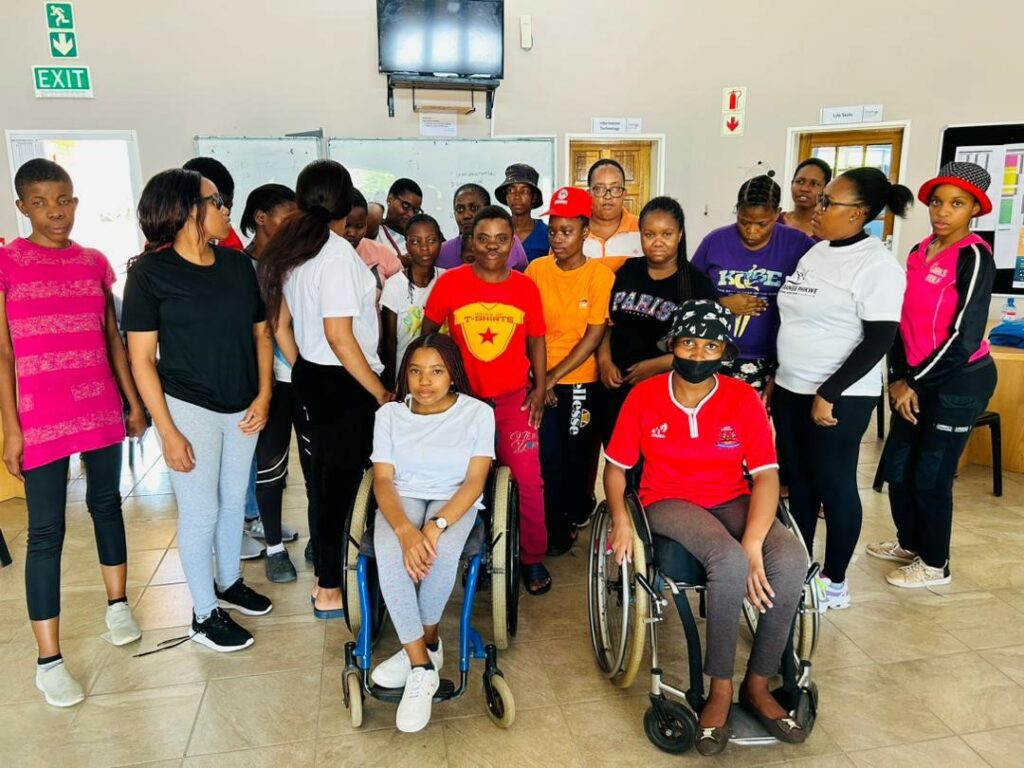
In Botswana, Cathy organized a training for 25 women with disabilities focused on Policy, Legislation, and Advocacy, and also included an empowering Obstacle Course activity. Cathy noted because of this training, “ambassadors of the rights of people living with disabilities were created.”
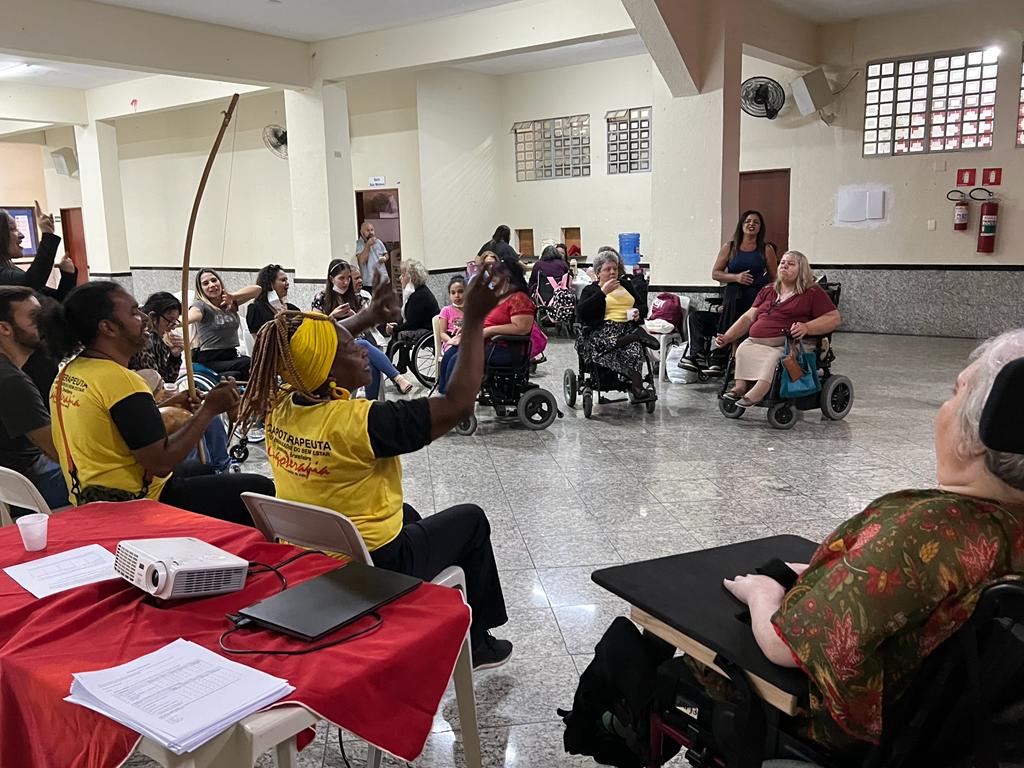
In Brazil, Mila led a training on Leadership and Women’s Health, Wellness, and Safety, with a Collective Dance activity led by Capoeira Therapy Group. This training brought together 24 disabled women activists, which led to “almost all [participants] proposing to hold events in 2023 [as a result of WILD-Brazil]. Their enthusiasm was evident.”
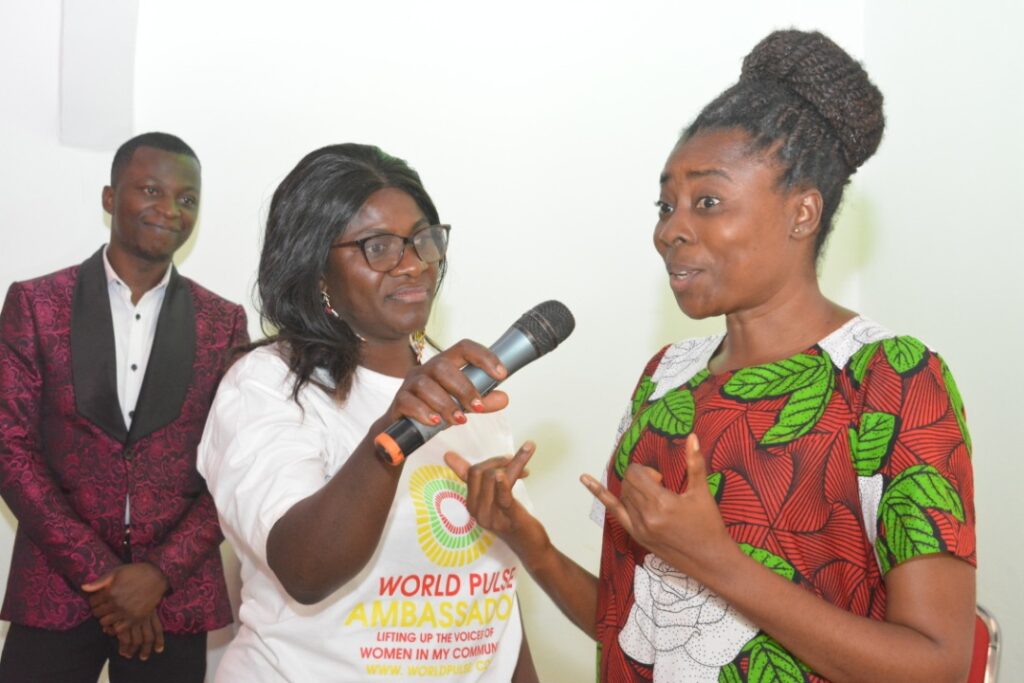
In Cameroon, Arrey-Echi led a training focused on prevention of Gender-Based Violence, which she noted as a “crucial topic in the region” for women with disabilities. This training empowered participants through education around the topic, preventative actions to take, and a self-defense workshop.
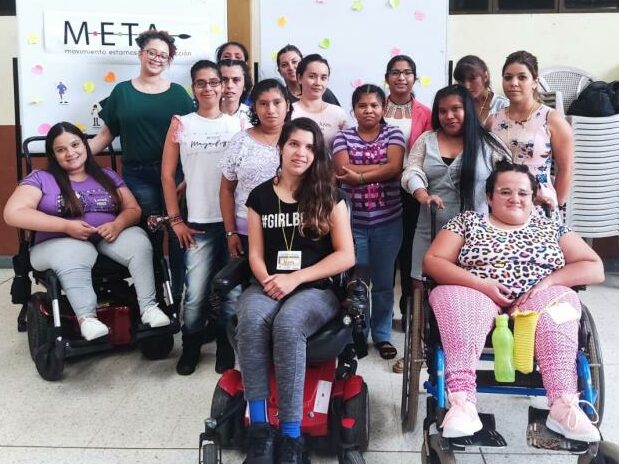
In Costa Rica, Susana organized one of the first trainings that prioritized women and girls with disabilities in the rural communities, where the spread of information is lacking. Focusing on topics of Women’s Health, Susana noted this training “represented the beginning of what I want to achieve for women with disabilities in Costa Rica.”
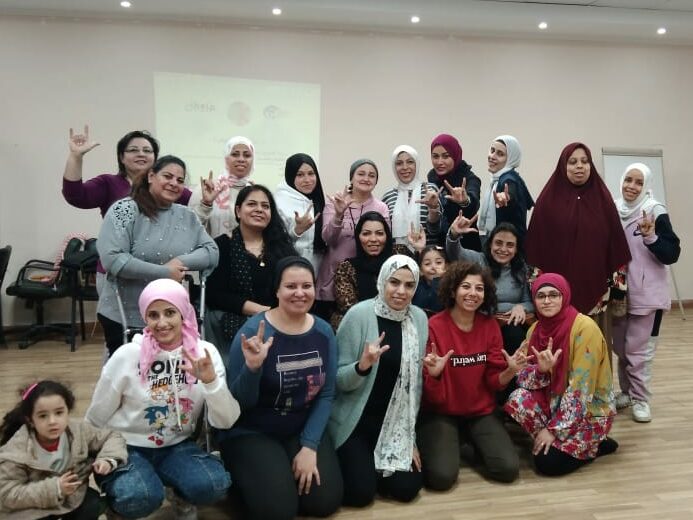
In Egypt, Rasha organized a two-day training for women with disabilities on Women’s Health topics, which included a yoga session and action-planning session. As one participant noted, “I am more excited now to do something for our community, especially for women with disabilities.”
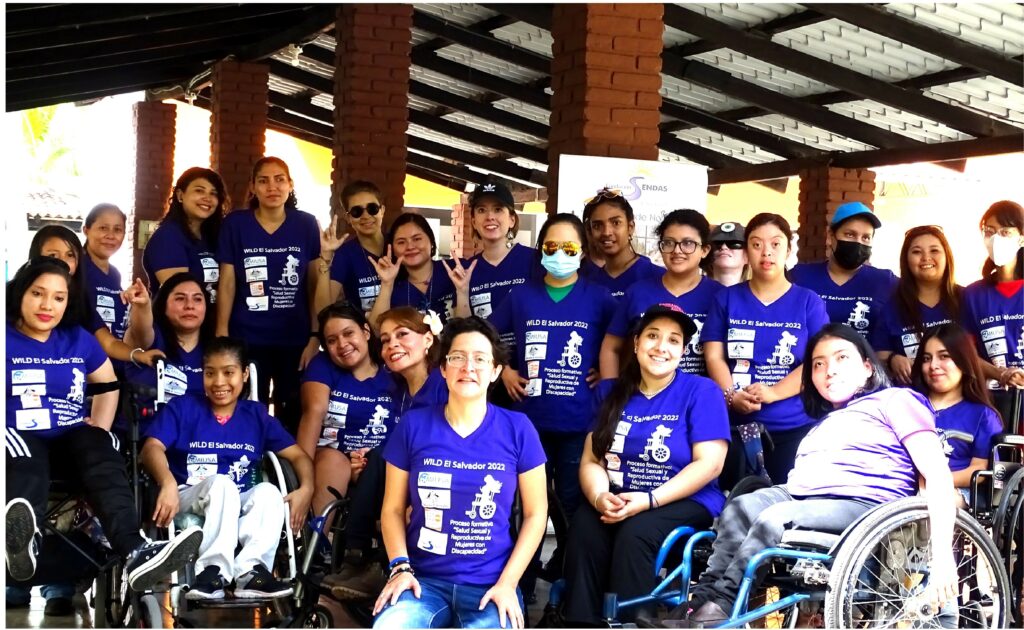
In El Salvador, Valentina partnered with a fellow WILD alumna, Jenny, to lead a 4-day training on Women’s Health and Leadership topics, in addition to organizing a choreographed group dance activity. She reflected on the experience, “I realized my ability goes beyond my limitations and fears.”
The WILD-El Salvador training was also supported by the Australian Government.

In Ethiopia, Martha led a training on models of disability and rights-based language, and also included an empowering dance activity at a public outdoor park. One participant noted, “I never imagined myself dancing in the park. [Before today,] no one encouraged me to dance. It was a new experience for me.”
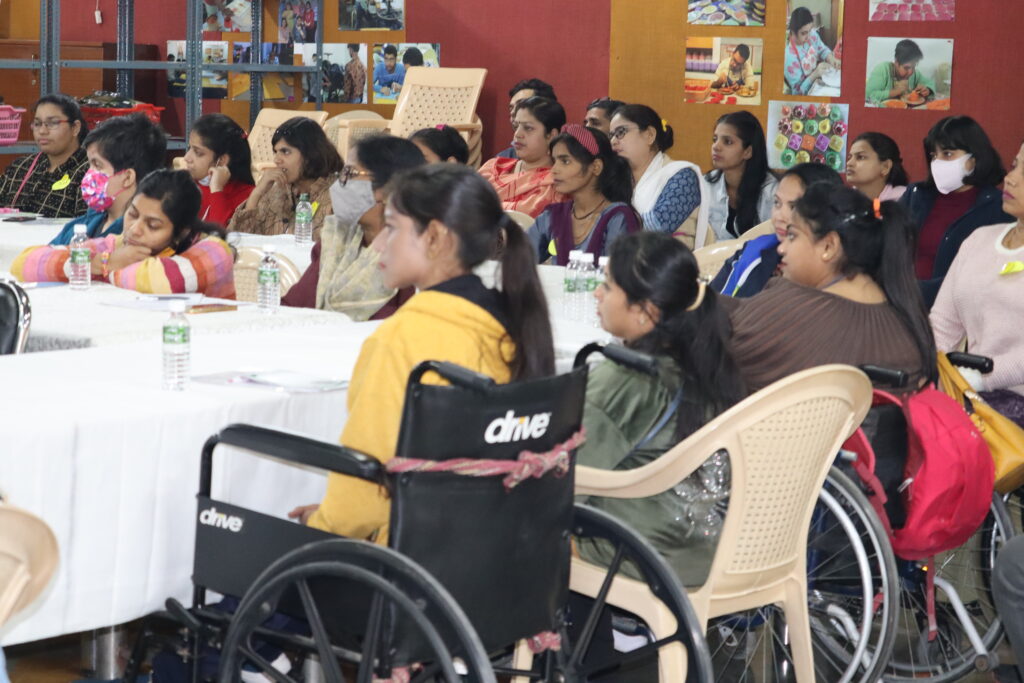
In India, Devanshi led a training focused on the rights of women with disabilities, in addition to highlighting the value of peer connection. During the training, she also presented on her experience at WILD in Eugene, noting “we left as not only women with disabilities, but as WILD sisters: Loud, Proud, and Passionate!®”
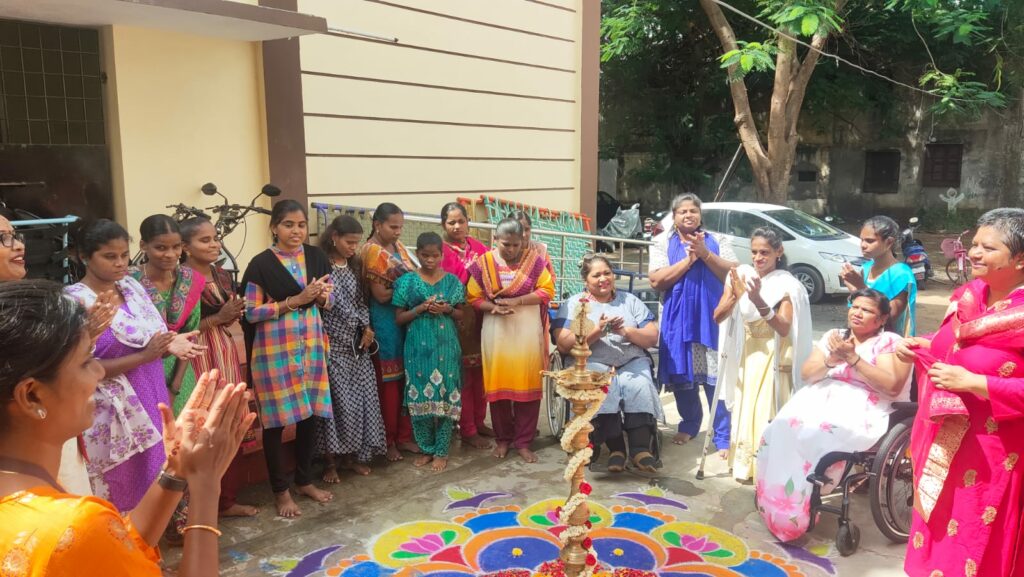
Also in India, Punitha led a two-day training on Women’s Health topics for 38 women with disabilities in Chennai, and emphasized the importance of leading these “taboo” discussions. She partnered with fellow WILD alumna, Smitha, to lead an empowering musical activity with singing and dancing during the training.
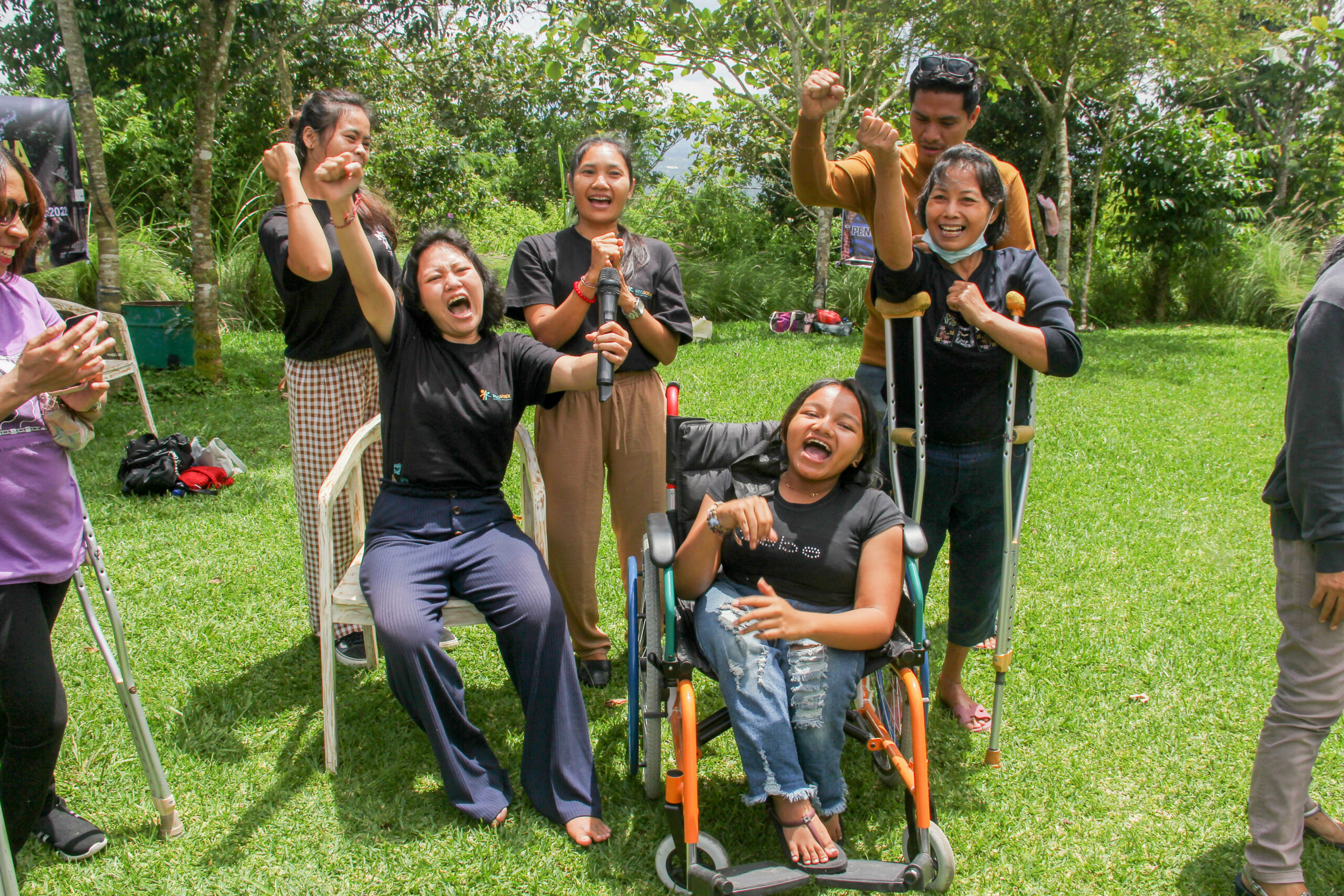
In Indonesia, Norma organized a full day of empowering team activities and leadership training for 30 women with disabilities in an outdoor park. Norma shared this training was like “getting a turtle out of its shell,” finally bringing powerful disabled women together for the first time.
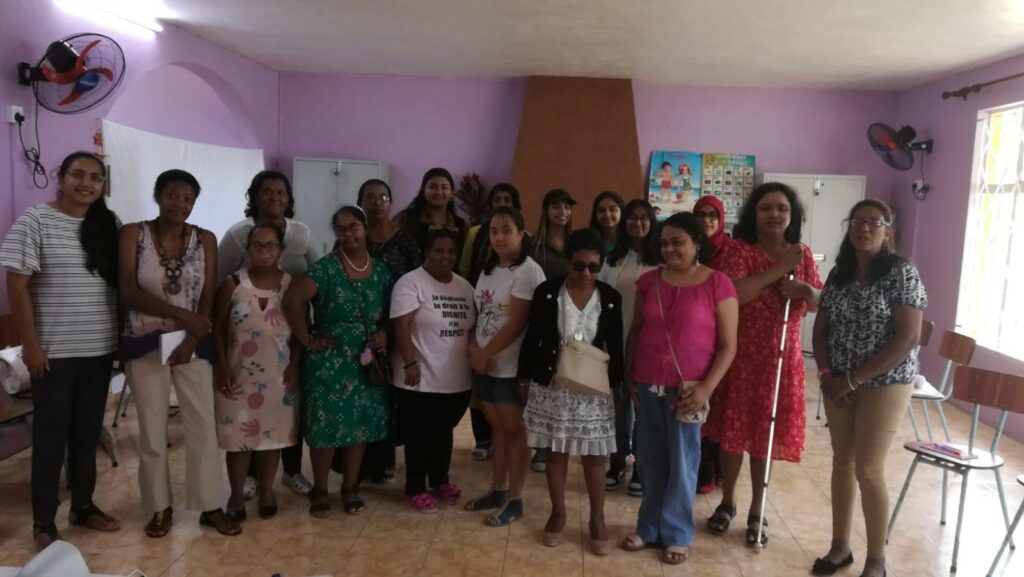
In Mauritius, Aarthi led a media and storytelling workshop for 18 women and girls with disabilities, and shared that all participants were energized by this training and “already looking forward to the next workshop.”

In Nigeria, Miyausa organized a two-day training focused on various topics related to Women’s Health, during which 20 women with disabilities gathered together at a local park to experience an accessible boat ride. As a result of the training, one participant reflected that these two days “helped me to know my rights and understand the ways I can use my position to advocate for the rights of women with disabilities.”
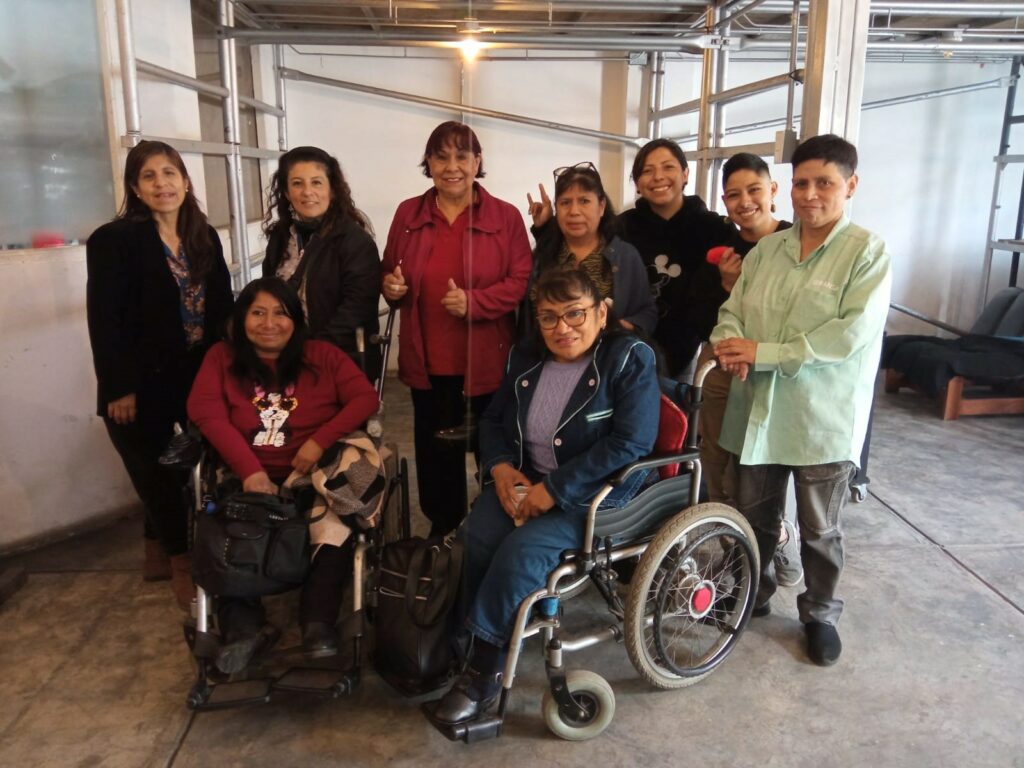
In Peru, Pao led a training focused on Sexual Education and prevention of Gender-Based Violence (GBV), during which several participants made commitments to take further actions, such as partnering with LGBTQ+ organizations and leading workshops for young people with disabilities. One participant noted, “very important topics were touched on that everyone should know.”
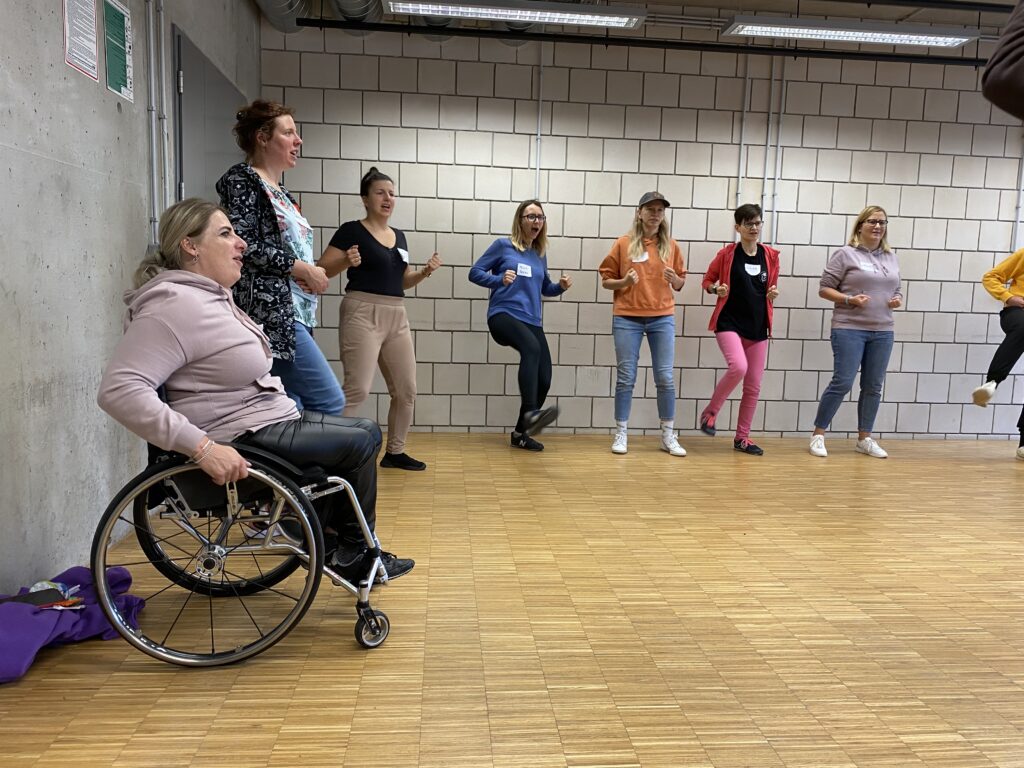
In Poland, Wioleta organized a self-defense training for 20 women with disabilities, which resulted in many participants creating plans to organize and lead similar workshops. The self-defense training was informative and empowering. As one participant noted, they felt “a sense of female strength” and “feeling connected with women with other types of disabilities.”
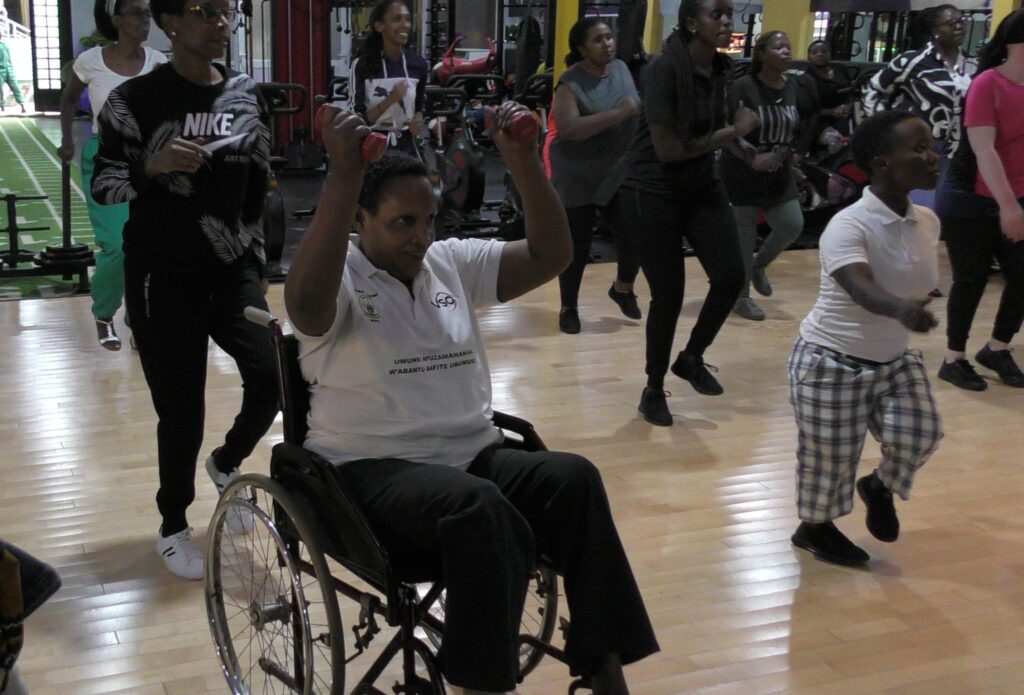
In Rwanda, Esther organized a training on Women’s Health and Recreation, including a visit to a fitness facility. She reflected on the power of her WILD training, noting, “If 25 participants can react like this, how are the remaining women and girls with disabilities feeling? I would like to search for opportunities to link this project.”
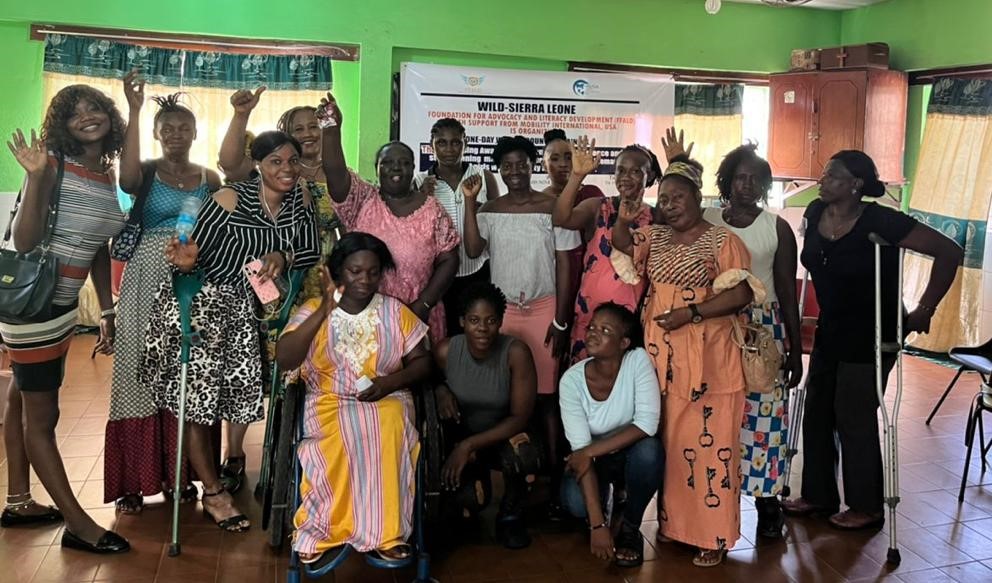
In Sierra Leone, Kadiatu organized a training focused on Women’s Health and prevention of Gender-Based Violence (GBV). As a result of the training, a GBV Task Force was formed, and will continue to meet regularly. As Kadiatu noted, “participants were Loud, Proud, and Passionate!® about the WILD Sierra-Leone program.”
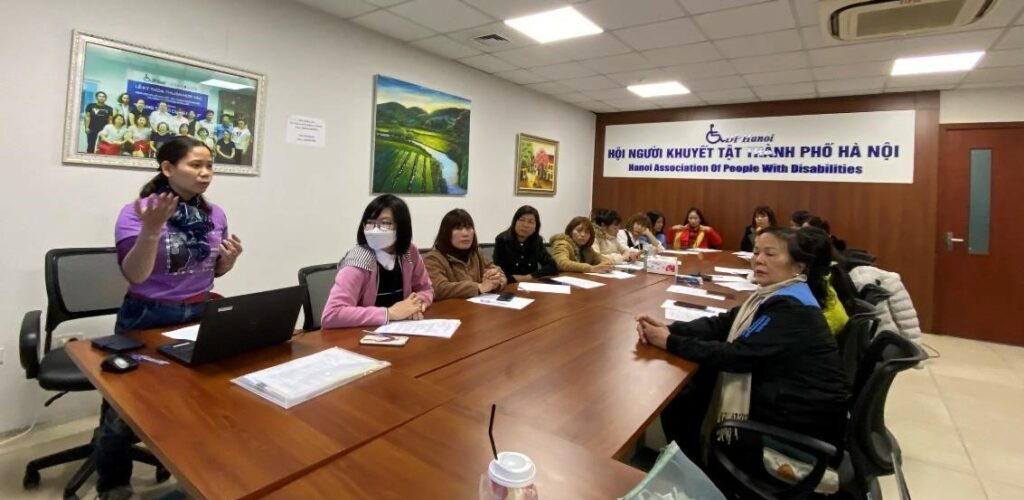
In Vietnam, Giang invited journalists and media professionals to train participants of WILD-Vietnam. During the training, experts shared how to use media to empower women with disabilities, as well as to present their own skills. For many participants, this was their first time learning about media, as well as learning how to use it to increase the roles of women with disabilities in their organizations.
MIUSA is proud to support the important and passionate work of our WILD alumni, who are changing the lives of girls and women and girls with disabilities across the globe. Join us in celebrating them on this International Women’s Day!
Do you want to support MIUSA’s future work with powerful, disabled women? Donate to MIUSA’s Women’s Empowerment Fund here.
Sign up for our E-News
